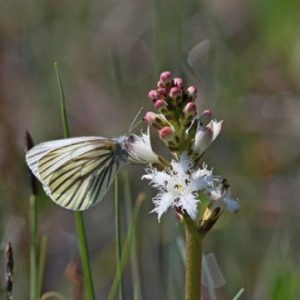Climate change in Quebec equals a much greater diversity of species?
I study tropical ecosystems and when discussing climate change and its implications for tropical ecosystems I am used to talk about the potential savanization of Amazonia, the loss of water resources in the Andes, higher ENSO (El Niño Southern Oscillation) events, etc. In regards to biodiversity, extinctions are expected in many tropical areas and as results of these some locations have been identified as species refugia, critical to reduce expected species loses. This article published in Science Magazine caught my
attention not only because it was in a completely unfamiliar location, the temperate zones of Quebec, Canada, but because they explicitly mention greater diversity of species related to climate change, a contrast to what I am used to hear from my familiar tropical landscapes. In the article, the authors highlight that many of the protected areas of Quebec will become refugia under climate change scenarios, not only for existing species, but also for species expected to move to those regions resulting in a net increase in diversity. The study includes species of birds, amphibians, trees and vascular flowering plants. Depending on the taxa the gains in number of species could range from 12 to 530%. They use these numbers to recommend conservation approaches that consider site resilience, initiatives to restore connectivity, among others, but the authors also caution about changes in many ecosystems processes that are unknown under a potential scenario of species gains and the implications for local species. The conservation recommendations are likely applicable to various areas in the planet, including the tropics, as we expect changes in the home range of many species as climate changes. Yet, I found it quite unique the number in terms of species gains presented in this study. To read the article, go to https://www.sciencedaily.com/releases/2018/05/180516172247.htm.


